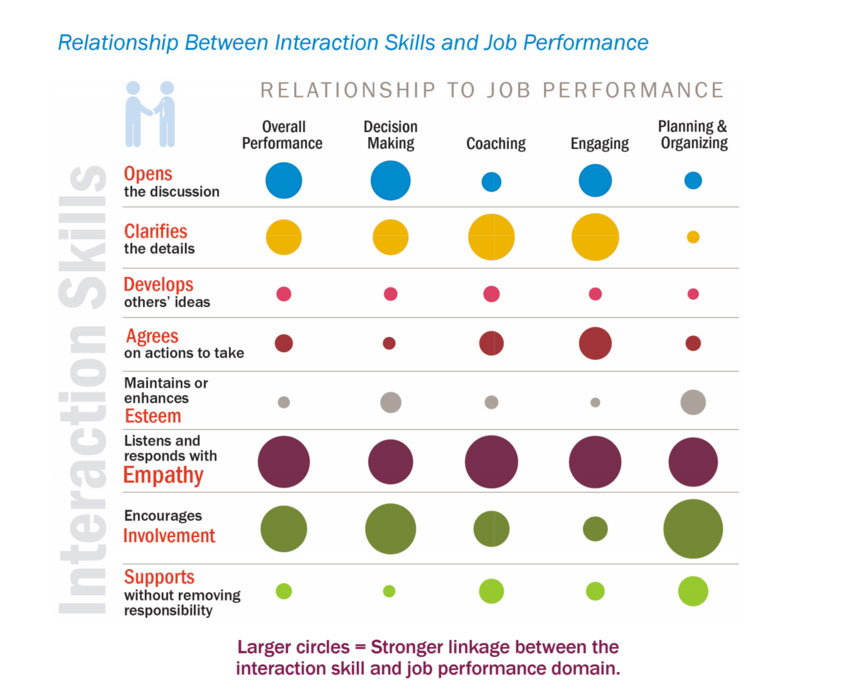If I began this post by asserting, “I can’t write a word of English,” you’d probably recognize the contradiction. My sentence betrays its own claim, doesn’t it? Such is the nature of self-refuting statements. Wikipedia describes such utterances as “statements whose falsehood is a logical consequence of the act or situation of holding them to be true.” You might be surprised how often people are prone to saying something that is self-refuting, but there are number of common statements we hear (or use) every day that fall into this category:
“Don’t bother me, I am asleep right now”
“I’m not going to respond to that”
“I can’t talk to you right now”
There are times when our words collapse under their own weight. As I train university aged Christians around the country and listen carefully to their common college experiences, I’ve started to collect some of the more popular self-refuting statements uttered by college professors. Here are the top four:
“There is no objective truth” / “Objective truth does not exist”
Perhaps the most obviously self-refuting, this claim (or something similar to it) is still uttered in many university settings according to the students I train. Like all self-refuting claims, it can be cross-checked by simply turning the statement on itself. By asking, “Is that statement objectively true?” we can quickly see that the person making the claim believes in at least one objective truth: that there is no objective truth. See the problem?
“If objective truth does exist, no one could ever know with confidence what it is” / “It’s arrogant to assume you know the truth with certainty”
Once again, the professor who makes such a claim appears to be confident and certain of one truth: that no one can be confident or certain of the truth! The statement falls on its own sword the moment it is uttered.
“Science is the only way to determine truth” / “I only trust things I can determine through a scientific process”
University students report this statement often, and it may take a little more thought to recognize as self-refuting. When a professor makes this claim, we simply need to ask, “Can science determine if that statement (about science) is true?” or “What scientific experiment provided that conclusion for you?” It turns out that there is no scientific process or procedure can be employed to validate this claim. It is a presumptive philosophical statement that is outside the analysis of science.
“It’s intolerant to presume that your view is better than someone else’s’” / “Tolerance requires us to accept all views equally”
An even more hidden self-refuting statement lurks here in this common errant definition of tolerance. Folks who hold to this corrupted view say they accept all views as equally true. But if you make the claim that some ideas are patently false and have less value than others, they will quickly reject your statement. In other words, they will accept any view as equally valuable except your claim that some views are not equally valuable. See the inconsistency? People who embrace this definition of tolerance cannot consistently implement their own view of tolerance.
This last claim related to tolerance may be the future battleground of self-refutation. Most of us, as Christians, recognize this assertion and have been accused of intolerance at one time or another. The exclusive claims of Christianity related to salvation (through faith in Christ alone) place us in the bulls-eye for such criticism. In my next post, I’ll examine the true nature of tolerance as we help each other navigate the concept and learn to defend the classic definition.
J. Warner Wallace is a Cold-Case Detective, a Christian Case Maker, and the author of Cold-Case Christianity and God’s Crime Scene.
Comment or Subscribe to J. Warner’s Daily Email
Originally published here














